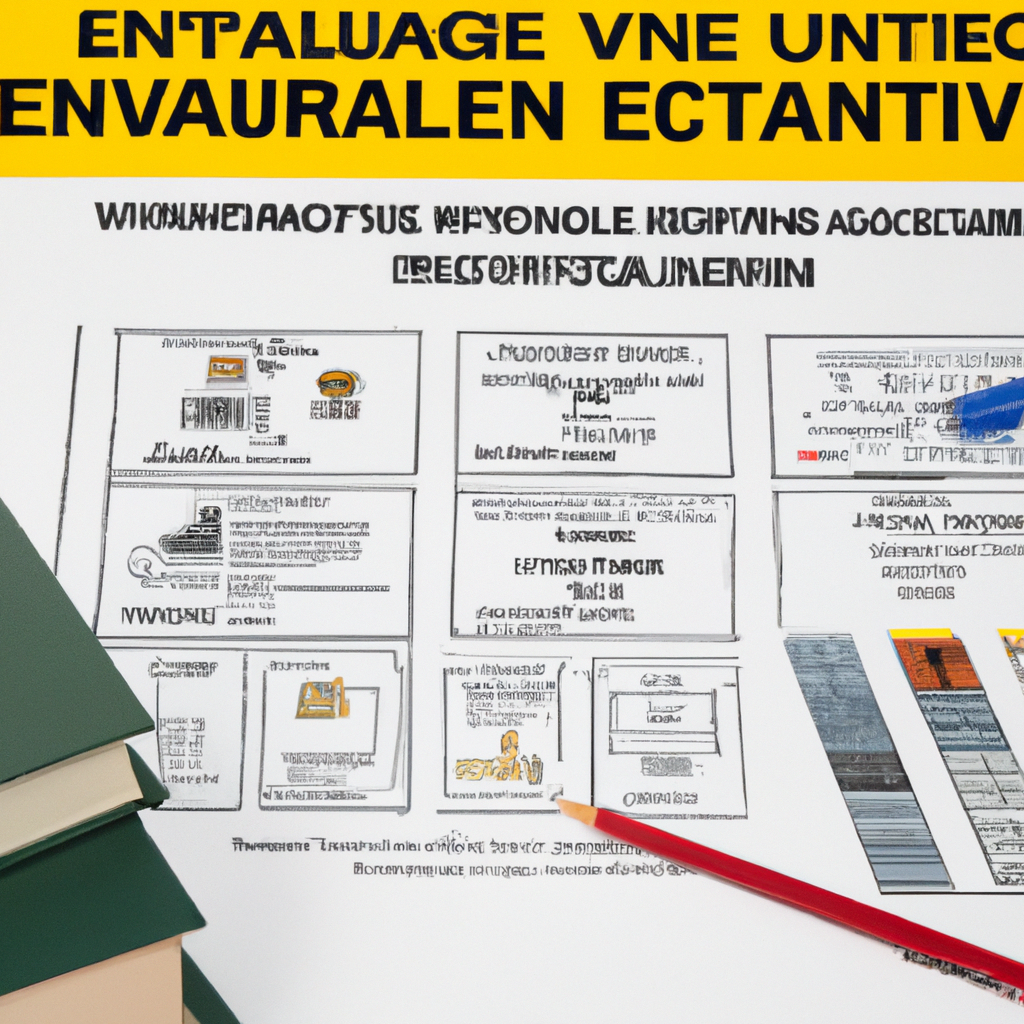The value study is where the primary Value Methodology is applied. The effort is composed of 6 phases: Information, Function Analysis, Creativity, Evaluation, Development, and Presentation.
1. Information Phase
2. Function Analysis Phase
a. Identify Functions and define both work and sell functions of the product, project, or process under the value study using active verbs and measurable nouns. This is often referred to as "Random Function Definition "
b. Classify Functions as basic or secondary
c. Develop Function Models
d. Assign cost and/or other measurement criteria to functions.
e. Identify Function Worth by assigning the previously established user/customer attitudes to the functions.
f. Cost Functions. Compare cost to worth of functions to establish the best opportunities for improvement.
g. Establish Value Index. Assess functions for performance/schedule considerations.
h. Select functions for Value Study
i. Redefine study scope
1. Information Phase
2. Function Analysis Phase
a. Identify Functions and define both work and sell functions of the product, project, or process under the value study using active verbs and measurable nouns. This is often referred to as "Random Function Definition "
b. Classify Functions as basic or secondary
c. Develop Function Models
d. Assign cost and/or other measurement criteria to functions.
e. Identify Function Worth by assigning the previously established user/customer attitudes to the functions.
f. Cost Functions. Compare cost to worth of functions to establish the best opportunities for improvement.
g. Establish Value Index. Assess functions for performance/schedule considerations.
h. Select functions for Value Study
i. Redefine study scope
3. Creative Phase
4. Evaluation Phase
5. Development Phase
6. Presentation Phase
C. Post Study
Complete Changes, Implement Changes, Monitor Status
The Post-Study assures implementation of the approved value study change recommendations.
























